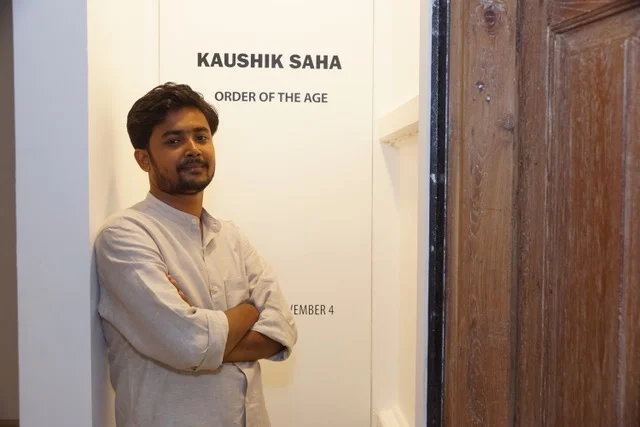Alumni Update: Gourav Khullar
I got up this morning to a tweet by one of my favorite theoretical physicists, Sean Carroll (@seanmcarroll) at the California Institute of Technology, US:
"The reason gravity is the best force, by the way, is that it treats everyone & everything exactly the same. Gravity is woke."
This 'woke' force, by virtue of its attractive nature, created the objects you see in the cosmos - you and me, the planets, stars, galaxies and everything in between. I study the physics of the most gigantic gravitationally stable structures in the universe - galaxy clusters. Clusters are extreme systems, made up of tens to hundreds of galaxies, and weigh about 100-1000 trillion times the mass of the sun. In addition to galaxies, clusters contain a permeating plasma and dark matter - a type of matter that only interacts gravitationally and makes up 5/6ths of the universe's stuff! My daily job is to characterize the phenomena prevalent in these chaotic environments, one of which is gravitational lensing - the bending of background light by massive foreground objects (like galaxy clusters), which creates distorted images of these background objects for us observers on Earth. Next time you have a glass of wine, point the base to a lightbulb - the fascinating arched distortions of the lightbulb's image is akin to what is seen in the night sky!
The dome of the Magellan Telescopes at Las Campanas, Chile. The band of the Milky Way can be seen in the backdrop in all its glory.
Photo Credits: GK
I am an astrophysics graduate student at the University of Chicago. Before moving to 'The Windy City' in 2015, I studied Engineering Physics at the Indian Institute of Technology Delhi (2014). INLAKS gave me the opportunity to pursue my interests in astrophysics, by supporting my Masters degree at the Institute of Astronomy, University of Cambridge. It was a humbling and enriching experience - breaking bread with the current heavyweights of the field (Martin Rees, Anna Zytkow, George Efstathiou), getting to know the places Isaac Newton, Arthur Eddington and Subrahmanyan Chandrasekhar (who also happened to represent UChicago) used to hang out at, staying in the same dorm at Fitzwilliam College where Subash Chandra Bose once lived.
After a formative one year in the UK, I moved to Chicago to participate in their fantastic graduate program, as well as the education outreach opportunities the city has to offer. I have had the fortune of working with large collaborations like the South Pole Telescope and the Dark Energy Survey - made up of hundreds of dedicated astrophysicists. Using facilities like theMagellan Telescopes in Chile to observe galaxy clusters has been truly amazing, fostering in me not just an appreciation of the dark skies, but of the local wine and empanadas too!
The galaxy cluster SDSS J1038+4849, which shows the distortions of background galaxies caused by gravitational lensing.
Photo Credits: NASA/ESA Hubble Space Telescope.
In my spare time, I volunteer at the Adler Planetarium in Chicago, where visitors get a chance to have a personal chat with a scientist. I help organize Space Explorers, a University of Chicago initiative that provides high school students from under-privileged families with after-school classes. I also write for Astrobites, a student-run website that converts the latest astrophysics publications into undergraduate-friendly blog posts. With the current political climate in the US and India, along with a growing need of diverse and inclusive behaviour in academia vis-a-vis the scientific community, I believe I am in a unique position here to have an impact - both within academia as an astrophysicist, and as a private citizen working to ensure that today's students can aspire to become astrophysicists the same way I did as a curious kid back in India.
If you are interested in knowing more about how galaxy clusters are formed, how one can fight for better representation of minorities in science, or how much the Château du Galoupet taught me about appreciating wine (whether it be french or chilean!), let's talk!








